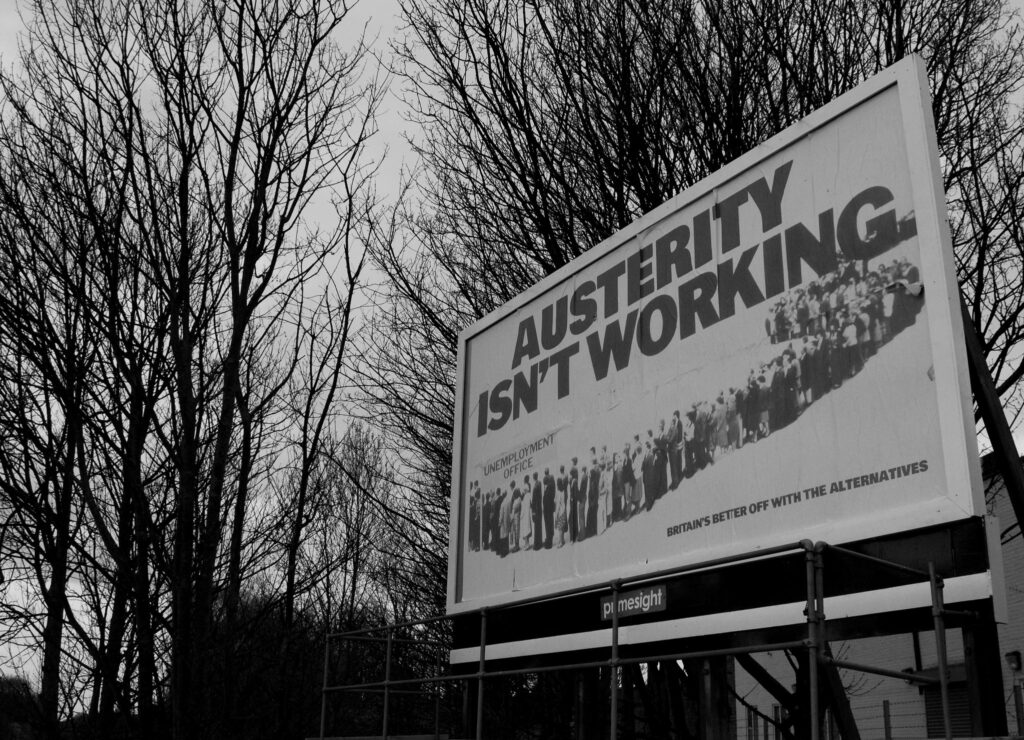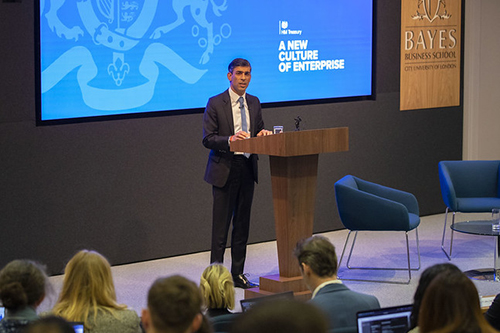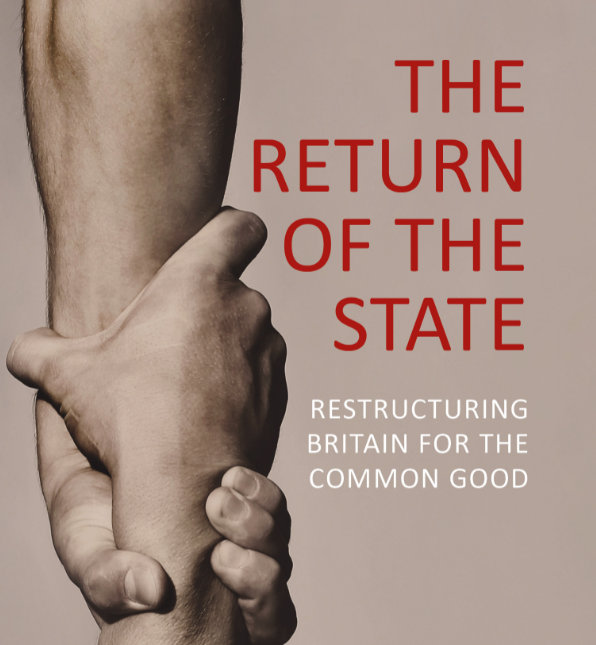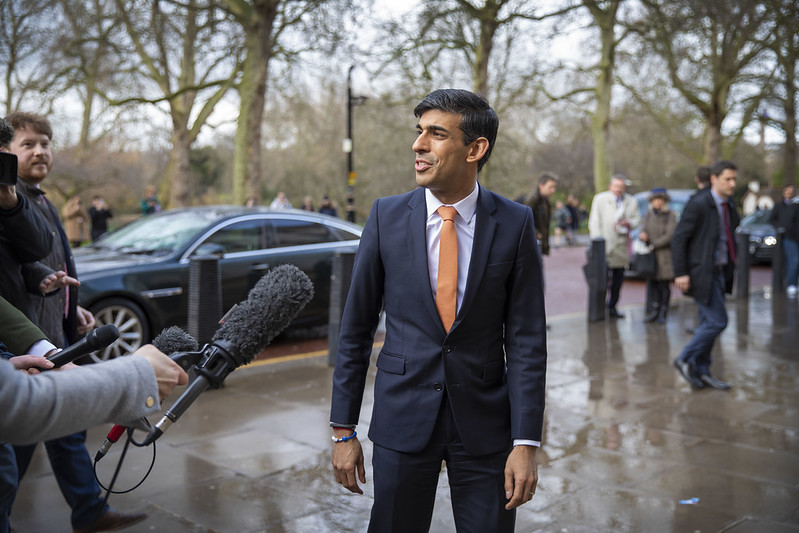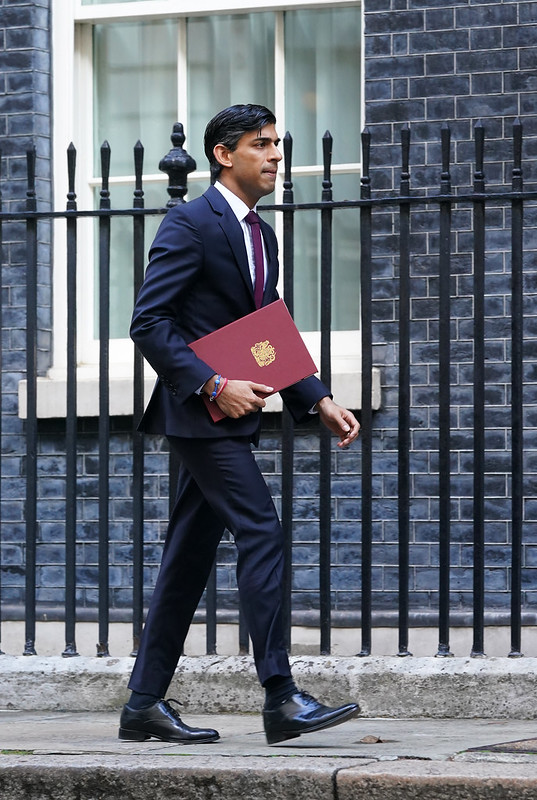Rethinking ‘Crowding Out’ and the Return of ‘Private Affluence and Public Squalor’
This article traces the history of ‘crowding out’, and its use as a justification for austerity and state deflation from its origins in the 1920s to its latest post-2010 incarnation. It examines why governments have kept turning to austerity and continue to justify it on the grounds that public sector activity crowds out more productive private activity, despite the accumulated evidence that this traditional pro-market formulation has failed to deliver its stated goals. It examines three other embedded forms of crowding out that have been highly damaging—leading to weakened social resilience and more fragile economies—but which have been ignored by both governments and mainstream political economists.
Rethinking ‘Crowding Out’ and the Return of ‘Private Affluence and Public Squalor’ Read More »

